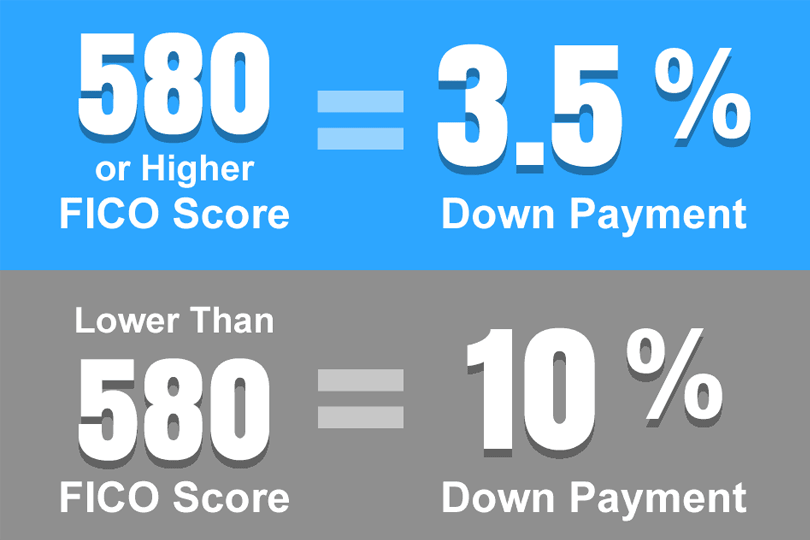Frequently Asked Questions About Home Insurance with an FHA Mortgage
May 14, 2025
There are important nuances to these insurance policies to know before you start. What's the difference between insurance against water damage and flood insurance? As we'll explore below, that's just one example of the "hidden" expenses of buying your new home to budget for.
What kinds of insurance do I need when buying a house with an FHA mortgage?
If you purchase a home using an FHA residential real estate mortgage, you will primarily need to have FHA Mortgage Insurance Premium (MIP) and homeowner's insurance. Additionally, depending on your circumstances and the location of your property, you might need other types of insurance for full protection.
The FHA Mortgage Insurance Premium, or MIP, is a type of insurance that protects the lender against financial loss if you, the borrower, default on your loan. It helps make FHA loans available to a wider range of people.
What are the different parts of the FHA MIP?
The FHA MIP has two parts: the Upfront Mortgage Insurance Premium (UFMIP) and the Annual Mortgage Insurance Premium (Annual MIP).
What is the Upfront Mortgage Insurance Premium (UFMIP)?
The UFMIP is a one-time fee that you typically pay when you close on your house. It is usually a percentage of your total loan amount. While you can pay it in cash at closing, it's also common to add it to your loan balance.
What is the Annual Mortgage Insurance Premium (Annual MIP)?
The Annual MIP is an ongoing monthly payment that you make as part of your regular mortgage payment. The amount you pay depends on your loan amount, the length of your loan, and the size of your down payment.
Why do I have to pay the FHA Mortgage Insurance Premium?
The FHA MIP is required because FHA loans are designed to help people who might not qualify for traditional loans, often those with lower down payments or less-than-perfect credit. The MIP reduces the risk for lenders, allowing them to offer these loans.
What is homeowner's insurance (hazard insurance)?
Homeowner's insurance, often called hazard insurance when talking about mortgages, is another type of insurance you must have with an FHA loan. It protects the lender's investment, which is your house itself, from physical damage.
What does a standard homeowner's insurance policy usually cover?
A typical homeowner's insurance policy includes coverage for the structure of your house, other structures on your property, your personal belongings inside the house, additional living expenses if you have to move out temporarily due to a covered loss, liability if someone is injured on your property, and minor medical payments for guests injured on your property.
What kinds of events are typically covered by homeowners' insurance?
Homeowner's insurance usually covers events like fire, windstorms, hail, explosions, riots, damage from aircraft or vehicles, smoke, vandalism, theft, falling objects, the weight of snow or ice, and some types of water damage from things like burst pipes.
Are there things that homeowner's insurance typically doesn't cover?
Yes, most homeowners' policies do not cover earthquakes, floods, landslides, sewer backups (though you can often add this coverage), neglect, pests, and damage from war or nuclear events.

FHA Loan Articles
March 24, 2025How much do you really know about how FHA home loan interest rates are set and what factors influence them before your lender makes you an offer? We explore some key points about FHA loan rates, FICO scores, and debt ratios.
March 11, 2025Adding a co-borrower to your FHA is a way to offset fears that you won't qualify for the mortgage on your own. An FHA loan co-borrower with a more substantial financial profile may offset the primary borrower's weaknesses, demonstrating a reduced risk to the lender. But for an FHA loan, don't assume that one borrower with good credit scores can offset one with non-qualifying scores. We ask 20 questions about co-borrowing to help you better plan for your FHA loan.
March 10, 2025Even if you aren’t considering your home loan options right this second, it’s smart to know your options if you decide to pursue a new home later. To that end, using a mortgage calculator is a smart choice for setting some basic budgeting parameters as you plan your path toward home ownership. A mortgage calculator helps you plan for future financial scenarios, such as buying new or refinancing a current home.
February 27, 2025 Buying your first home can feel overwhelming, especially when you start hearing terms like "subprime mortgages" and "FHA loans." Understanding these options is crucial for making the right decision. Subprime mortgages are designed for borrowers with less-than-perfect credit histories. This might include past issues like late payments, loan defaults, or even bankruptcy...
February 26, 2025Buying your first home can be exciting, but the mortgage process often throws a curveball of unfamiliar terms. Here are answers to common questions first-time homebuyers have about mortgage jargon and terms.







